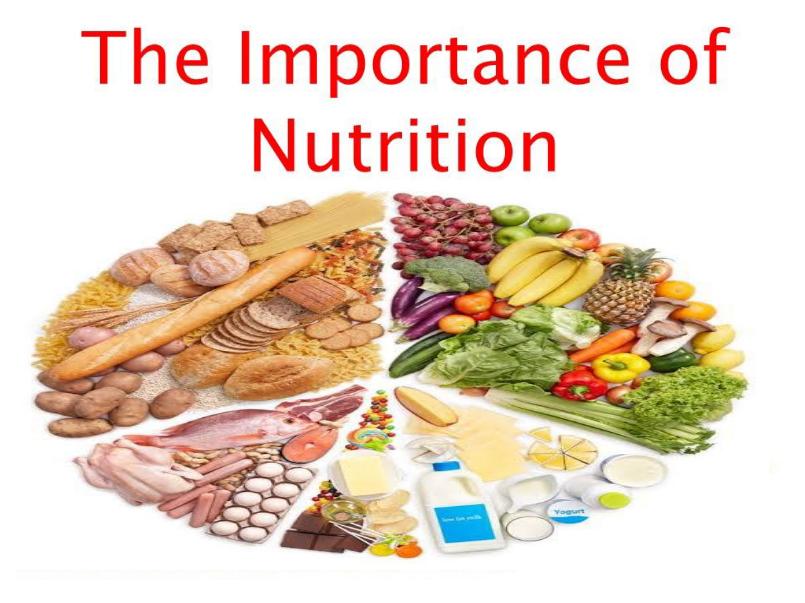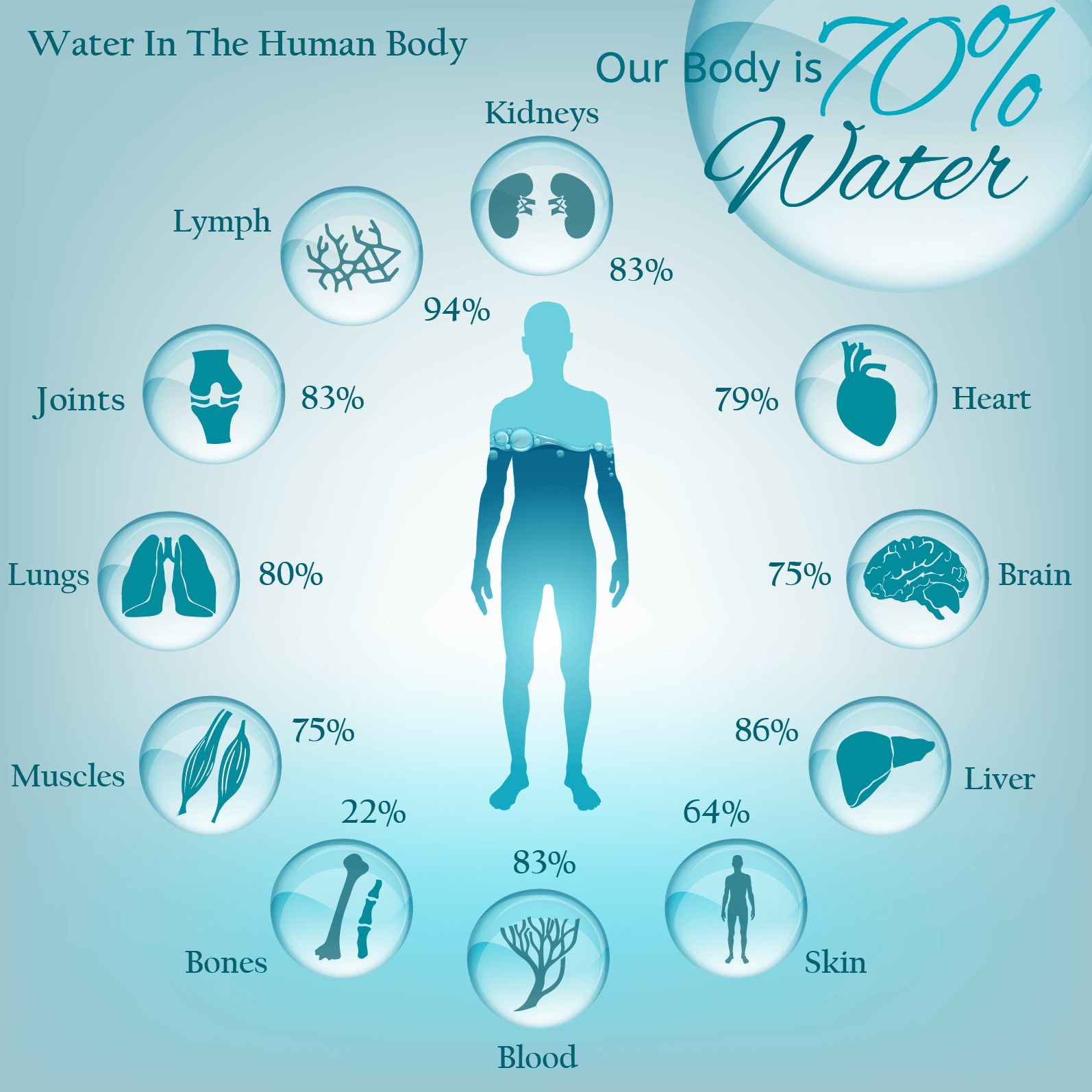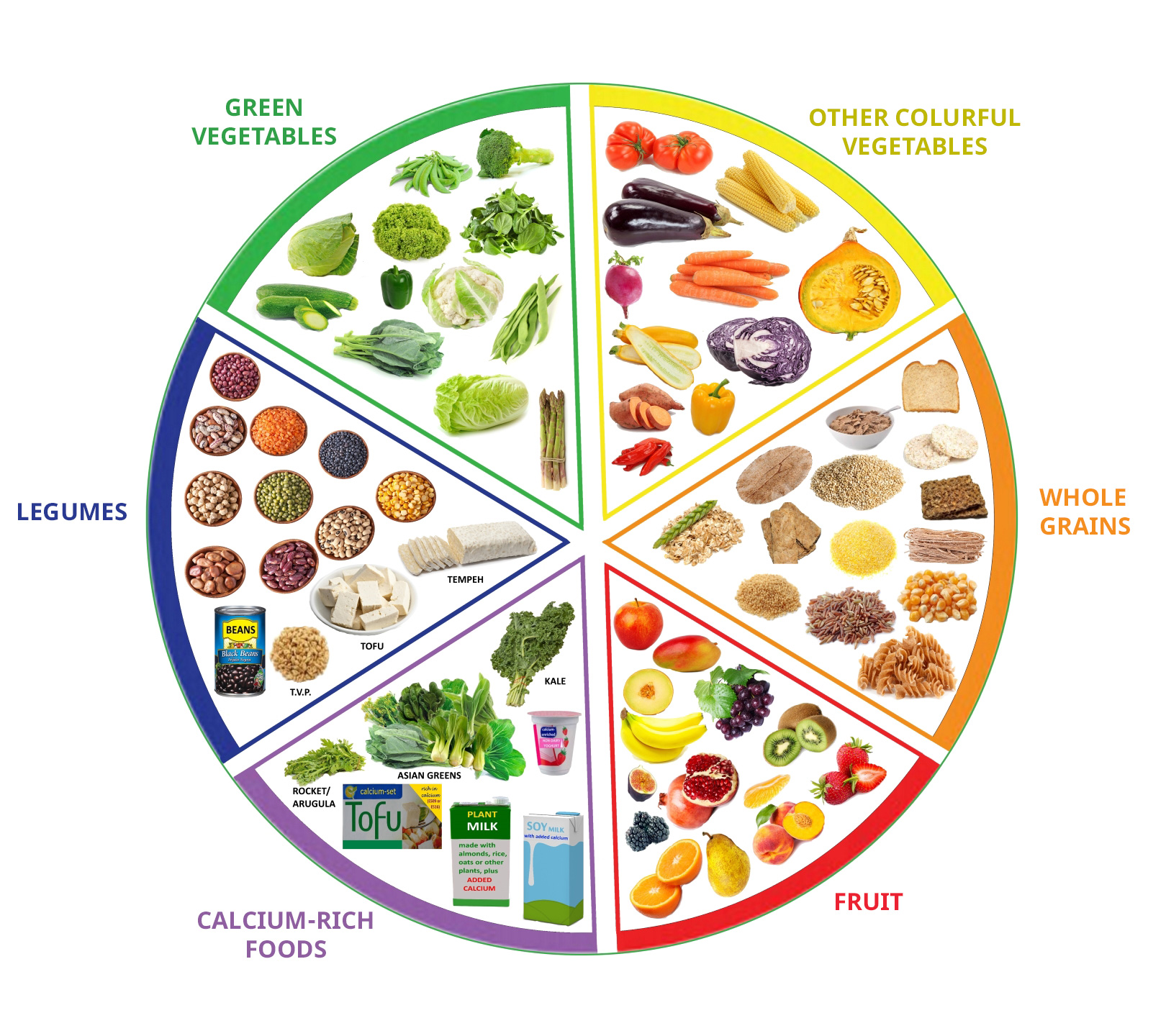Nutrition Presentation
| Introduction to Nutrition | ||
|---|---|---|
| Nutrition is the science of understanding how food and nutrients affect our health and well-being. A balanced diet is essential for providing the necessary nutrients for our body to function properly. Proper nutrition can help prevent chronic diseases and promote overall health and longevity. | ||
| 1 | ||
| Macronutrients | ||
|---|---|---|
| Macronutrients are the nutrients required in large amounts by the body, including carbohydrates, proteins, and fats. Carbohydrates are the body's primary source of energy and should come from whole grains, fruits, and vegetables. Proteins are essential for building and repairing tissues and can be found in sources like lean meats, beans, and dairy products. | ||
| 2 | ||
| Micronutrients | ||
|---|---|---|
| Micronutrients are essential nutrients required in smaller amounts, including vitamins and minerals. Vitamins are organic compounds that help regulate bodily functions and can be obtained from a variety of fruits and vegetables. Minerals are inorganic substances that play a crucial role in maintaining bodily functions and can be found in sources like nuts, seeds, and leafy greens. | ||
| 3 | ||
| Importance of Fiber | ||
|---|---|---|
| Fiber is a type of carbohydrate that cannot be digested by the body and is crucial for maintaining a healthy digestive system. A high-fiber diet can help prevent constipation, lower cholesterol levels, and reduce the risk of developing chronic diseases. Good sources of fiber include whole grains, legumes, fruits, and vegetables. | ||
| 4 | ||
| Water and Hydration | ||
|---|---|---|
| Water is essential for maintaining proper bodily functions, such as digestion, absorption, and transportation of nutrients. Staying hydrated is important for regulating body temperature, lubricating joints, and supporting overall health. Aim to drink at least 8 cups (64 ounces) of water per day, and more if you are physically active or in hot weather. | ||
| 5 | ||
| Healthy Eating Patterns | ||
|---|---|---|
| A healthy eating pattern involves consuming a variety of foods from all food groups in appropriate portions. Include plenty of fruits, vegetables, whole grains, lean proteins, and healthy fats in your diet. Limit the intake of added sugars, saturated fats, and sodium for optimal health. | ||
| 6 | ||
| Proper Portion Sizes | ||
|---|---|---|
| Portion control is essential for maintaining a healthy weight and preventing overeating. Use visual cues, such as using smaller plates and bowls, to help control portion sizes. Pay attention to hunger and fullness cues to avoid mindless eating. | ||
| 7 | ||
| Reading Food Labels | ||
|---|---|---|
| Reading food labels can help you make informed choices about the nutritional content of foods. Pay attention to serving sizes, calories, and the amounts of nutrients like fat, sugar, and sodium. Ingredients are listed in descending order by weight, so the first few ingredients make up the majority of the product. | ||
| 8 | ||
| The Role of Supplements | ||
|---|---|---|
| While a balanced diet should provide all necessary nutrients, supplements may be necessary for certain individuals. Consult with a healthcare professional before starting any supplements to ensure they are necessary and safe. Remember that supplements are not a substitute for a healthy diet. | ||
| 9 | ||
| Conclusion and Key Takeaways | ||
|---|---|---|
| Nutrition plays a vital role in overall health and well-being. Follow a balanced diet that includes macronutrients, micronutrients, fiber, and proper hydration. Practice portion control, read food labels, and consult with a professional when considering supplements. | ||
| 10 | ||









